The camshaft sensor is a crucial component in modern engines. However, a faulty camshaft sensor can cause a range of engine issues, including misfires. In this article, we researched whether a camshaft sensor can cause misfires and the common symptoms to watch out for.
A camshaft sensor can cause misfires in an engine. The camshaft sensor plays an essential role in the operation of the engine by providing information about the position of the camshaft to the engine control module (ECM).
This information is used to determine the precise timing of fuel injection and spark ignition, which ensures that the engine operates smoothly and efficiently.
Continue reading as we discuss more details about camshaft sensors and misfiring. We will also discuss questions related to the topic of camshafts. So keep reading!

Can A Camshaft Sensor Cause A Misfire?
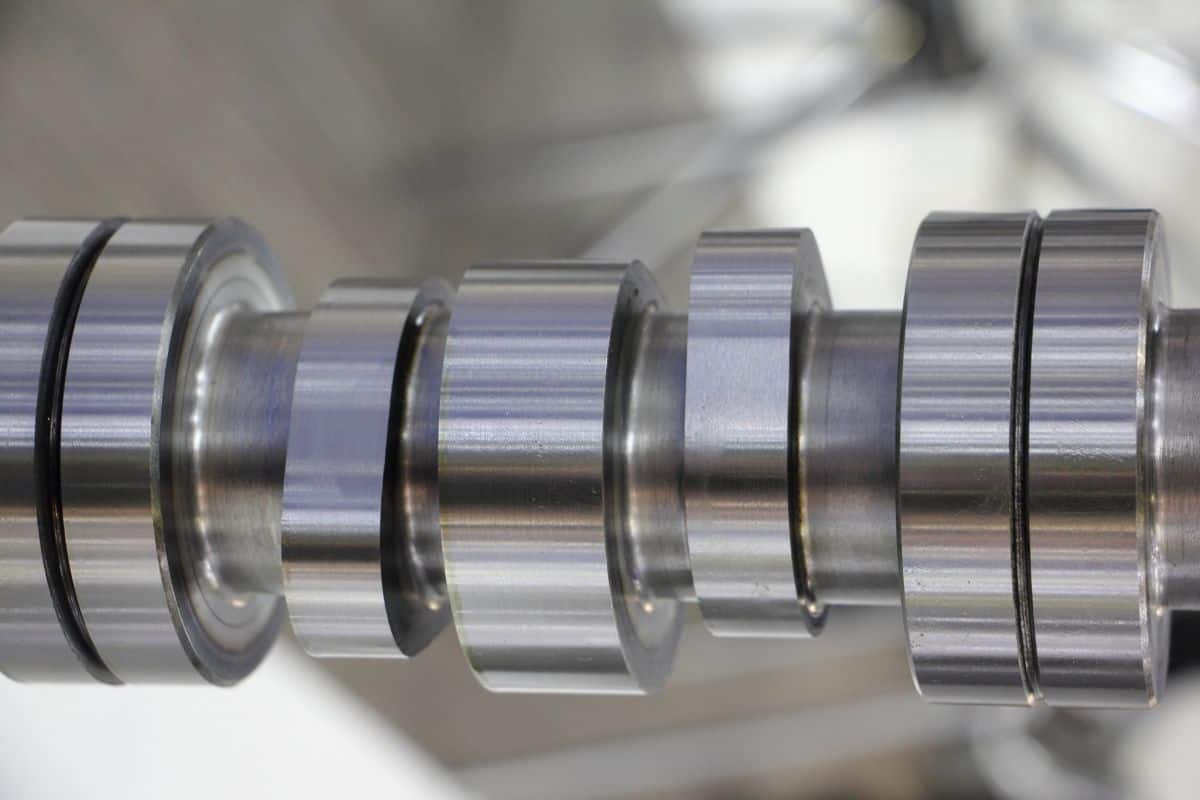
If the camshaft sensor fails or malfunctions, it can cause misfires by providing incorrect information to the ECM (engine control module) about the position of the camshaft.
This can result in the engine running out of sync, which can cause cylinders to fire at the wrong time, leading to misfires. In addition, a faulty camshaft sensor can cause the engine to stall, run poorly, or have reduced power output.
If you suspect that your engine is misfiring, it's important to have it diagnosed by a qualified mechanic. In some cases, replacing the camshaft sensor may be necessary to correct the issue.
What causes a camshaft sensor to misfire?
There are several potential reasons why a camshaft sensor may cause misfires in an engine:
Faulty sensor
The sensor itself may be faulty or damaged, which can cause it to provide incorrect or inconsistent signals to the ECM.
Wiring issues
Problems with the wiring connecting the sensor to the ECM can also cause misfires. This can include broken or corroded wires or loose connections.
Timing issues
If the camshaft sensor is not aligned properly with the camshaft or the timing chain/belt, it may provide incorrect readings to the ECM, which can result in misfires.
Failing or worn camshaft
If the camshaft is failing or worn, it may cause irregularities in the engine's timing, which can cause misfires. If you suspect a camshaft sensor issue is causing misfires, you should have the problem diagnosed by a qualified mechanic.
Signs That Your Camshaft Sensor Has A Problem
Being aware of your camshaft sensor will help you identify quick solutions to manage any problems. The following are some of the signs that your camshaft sensor may have a problem:
Misfires
A faulty camshaft sensor can cause the engine to misfire, which can result in a rough-running engine, reduced power output, and poor fuel economy.
Starting problems
The camshaft sensor provides critical information to the ECM, which is used to determine when to initiate the fuel injection and ignition timing. If the sensor is faulty, the engine may experience difficulty starting, or it may not start at all.
Check Engine Light
One of the most common signs of a faulty camshaft sensor is the illumination of the check engine light on the dashboard. When the ECM detects an issue with the camshaft sensor, it will trigger the check engine light.
Stalling
A faulty camshaft sensor can cause the engine to stall or cut out suddenly when driving, which can be dangerous and potentially cause an accident.
Rough idling
If the camshaft sensor is providing inconsistent or incorrect signals to the ECM, it can cause the engine to idle roughly or unevenly.
How To Fix A Misfire Caused By A Camshaft Sensor
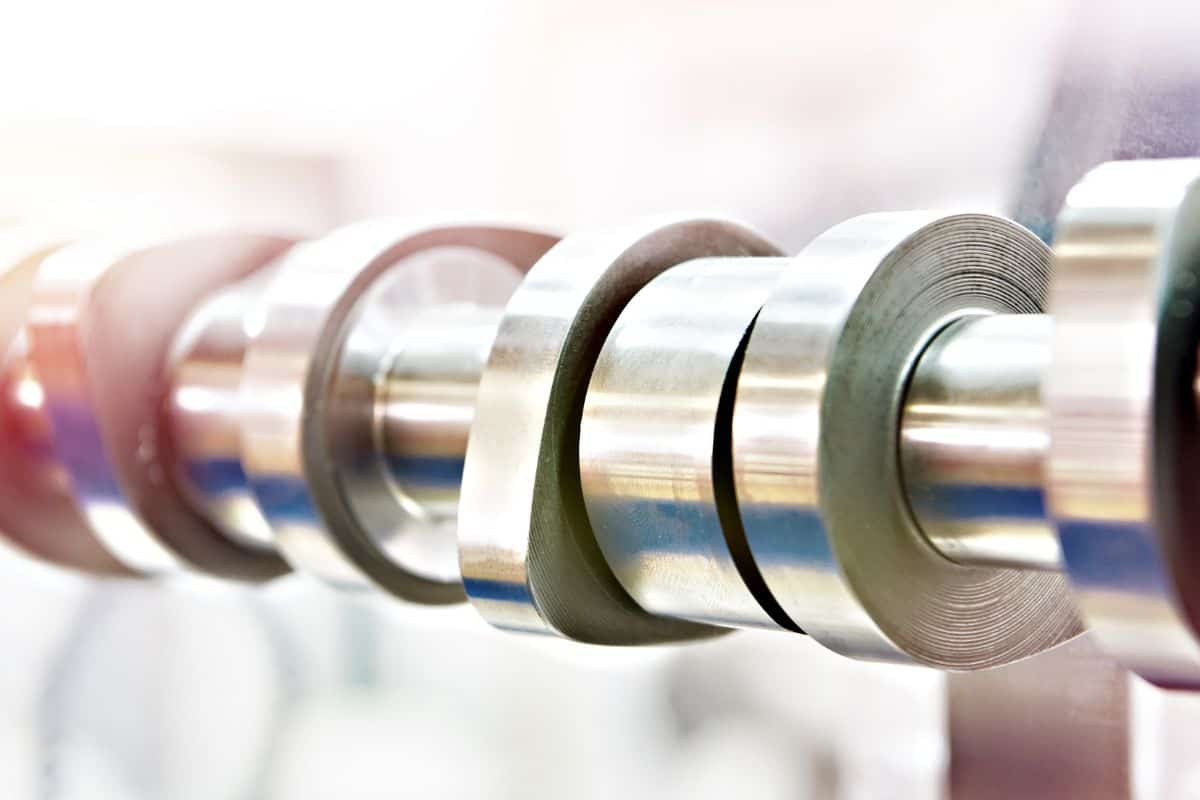
If the misfire is caused by a faulty camshaft sensor, you can fix the issue by following these steps:
Locate the camshaft sensor
The camshaft sensor is typically located on the cylinder head, near the camshaft.
Remove the old sensor
Disconnect the electrical connector and remove the mounting bolts that hold the sensor in place. Carefully remove the sensor from its position.
Install a new sensor
Install a new sensor in the same position as the old one, making sure that it is correctly aligned with the camshaft. Tighten the mounting bolts and connect the electrical connector.
Clear the trouble codes
Use an OBD-2 scanner to clear any trouble codes that were stored in the ECM as a result of the faulty sensor.
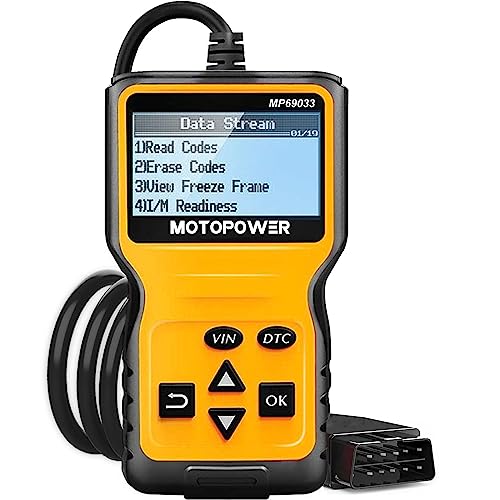

Check out this OBD-2 scanner on Amazon.
Test drive the vehicle
Take the vehicle for a test drive to ensure that the misfire has been resolved. If the engine is still misfiring, there may be other underlying issues that need to be addressed.
It's important to note that if the wiring or connections related to the camshaft sensor are faulty, replacing the sensor alone may not solve the problem. It's always best to have the issue diagnosed by a qualified mechanic to ensure that the proper repairs are made.
What Causes A Camshaft To Malfunction?
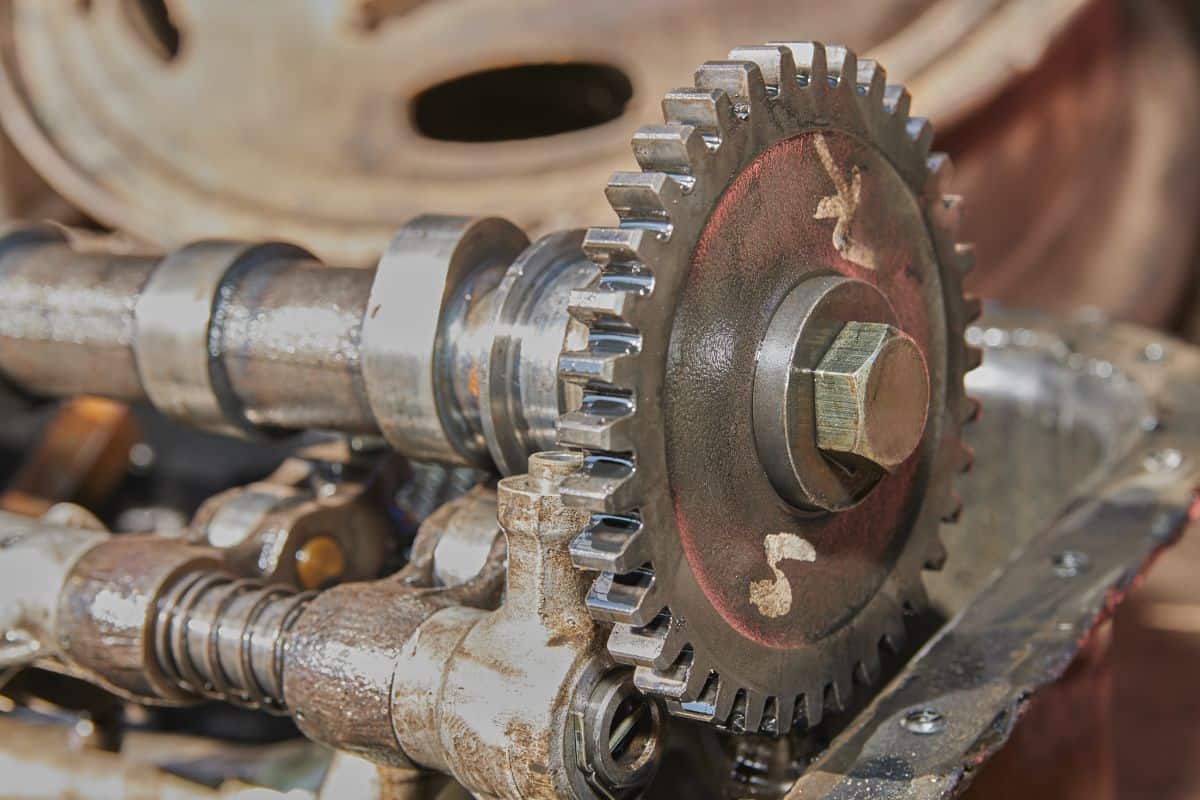
There are several factors that can cause a camshaft to malfunction. Some of them are just simply a result of use over time or a maintenance error. These causes are as follows.
Wear and Tear
Over time, the camshaft can become worn due to normal use, which can cause it to malfunction. This can be exacerbated by a lack of proper maintenance or failure to replace worn components.
Oil Contamination
The camshaft relies on a supply of clean oil for proper lubrication and cooling. If the oil becomes contaminated with debris or sludge, it can cause the camshaft to malfunction.
Improper Installation
If the camshaft is not installed correctly, it can cause a range of issues, including malfunctions. This can happen if the camshaft is not properly aligned or if the bearing surfaces are not cleaned and prepared correctly.
Overheating
If the engine overheats, it can cause the camshaft to warp or become distorted, leading to malfunctions.
Damage from other engine components
Issues with other engine components, such as the timing chain or lifters, can cause damage to the camshaft, leading to malfunctions.
It's important to have your engine serviced regularly and to address any issues promptly to minimize the risk of camshaft malfunctions and other engine problems.
Can A Malfunctioning Camshaft Sensor Cause Jerking?
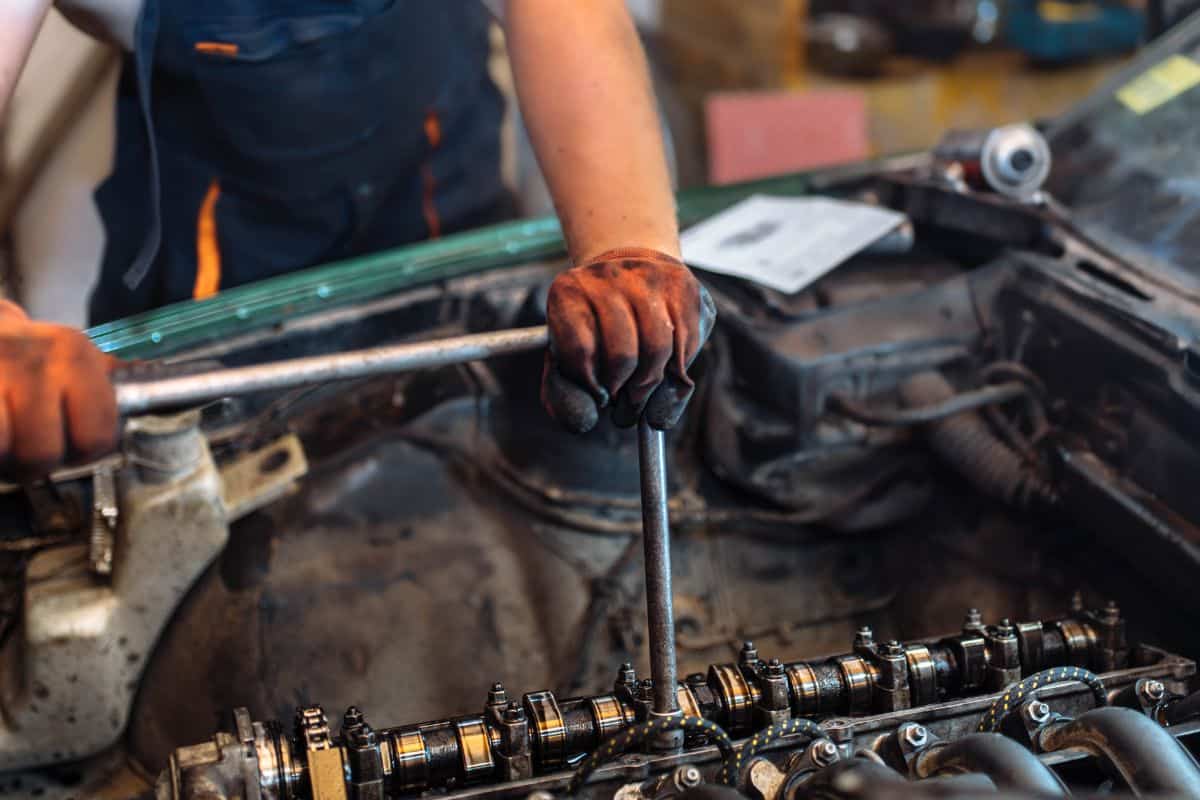
Yes, a faulty camshaft sensor can cause jerking in a vehicle. The camshaft sensor provides the ECM with information about the position of the camshaft, which is essential for determining the correct timing for the fuel injection and ignition.
What Does A Bad Camshaft Sound Like?
A bad camshaft can produce various sounds, depending on the type of damage or malfunction it is experiencing. Here are some common sounds that you may hear if your camshaft is failing:
Backfiring
A car backfire is a loud, popping sound that occurs when the air/fuel mixture in the engine ignites outside of the combustion chamber. It can sound like a gunshot or a loud, sharp pop and is often accompanied by a sudden burst of flame or a puff of smoke from the exhaust
Whining or squealing noise
A worn or damaged camshaft bearing can produce a high-pitched whining or squealing noise, particularly at higher engine speeds.
Rattling or ticking noise
If the camshaft lobes or lifters become worn or damaged, they can produce a rattling or ticking noise, particularly at idle or low engine speeds.
Grinding or knocking noise
A severe camshaft malfunction, such as a broken or bent camshaft, can produce a grinding or knocking noise that is typically accompanied by a loss of power and a rough-running engine.
It's important to note that these sounds can also be caused by other engine issues, so it's essential to have the problem diagnosed by a qualified mechanic to ensure that the proper repairs are made.
How Much Does A Camshaft Sensor Replacement Cost?
On average, the cost of a camshaft sensor replacement can range from $200-$400 for the parts and labor. However, in some cases, the cost can be higher, especially for luxury or high-performance vehicles, where the cost of the parts can be more expensive.
In Review
A malfunctioning camshaft sensor can cause a misfire for multiple reasons. It may be caused by the natural wear and tear of the components, while some might be caused by improper maintenance. Usually, if your camshaft sensor is defective, you will need to replace it.
Check out other related articles below.
